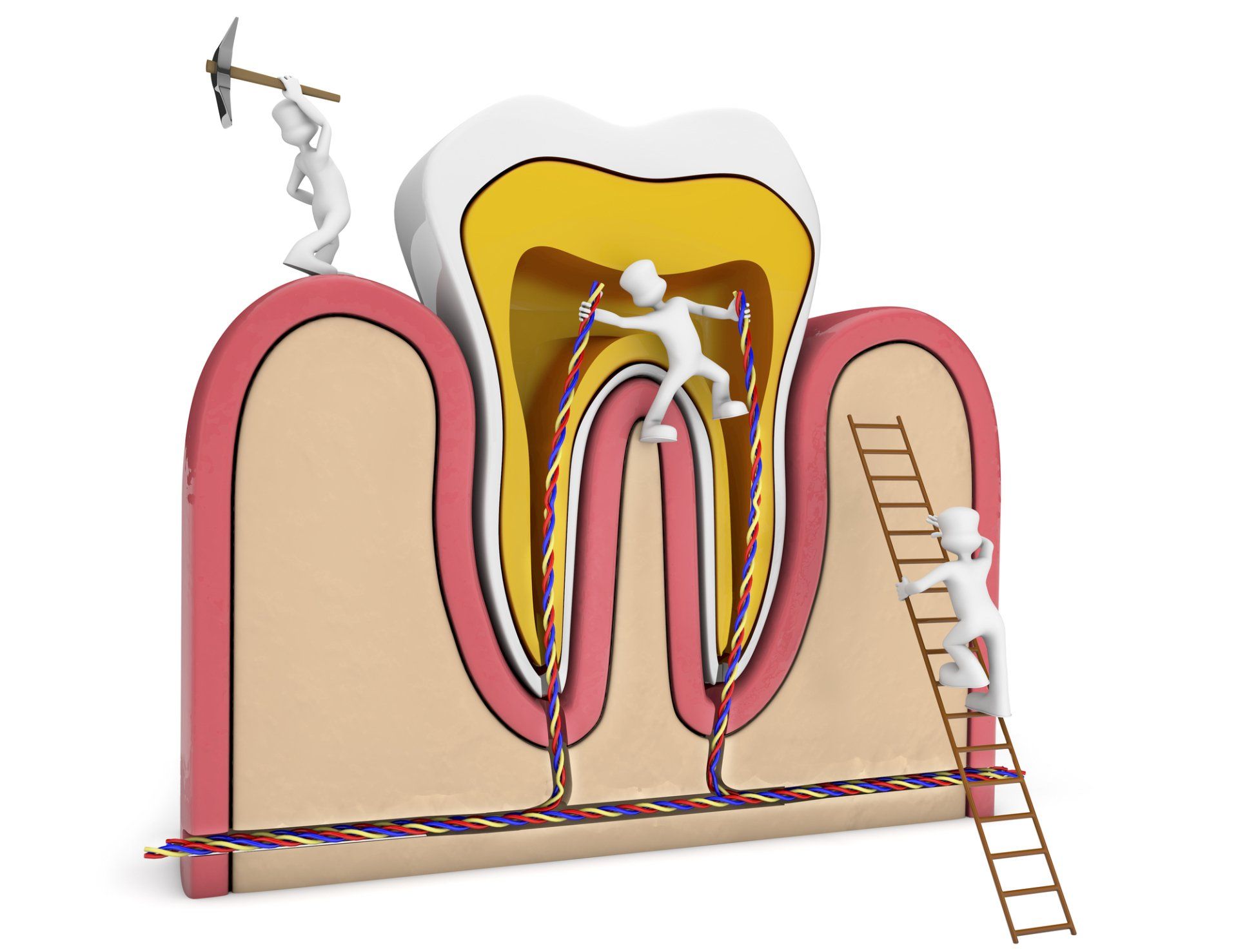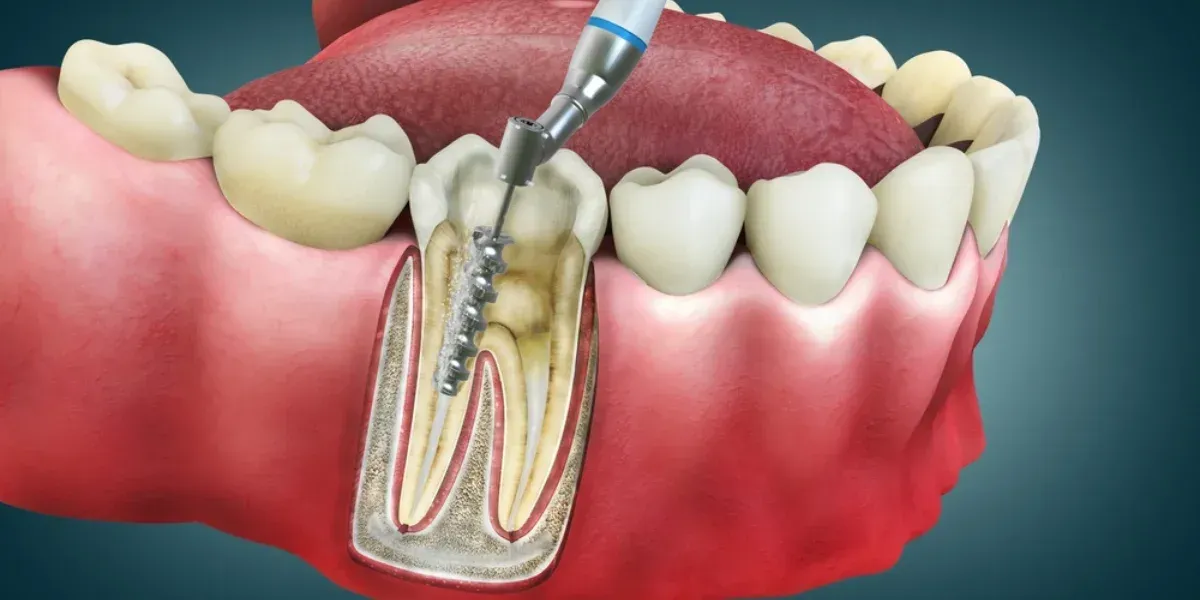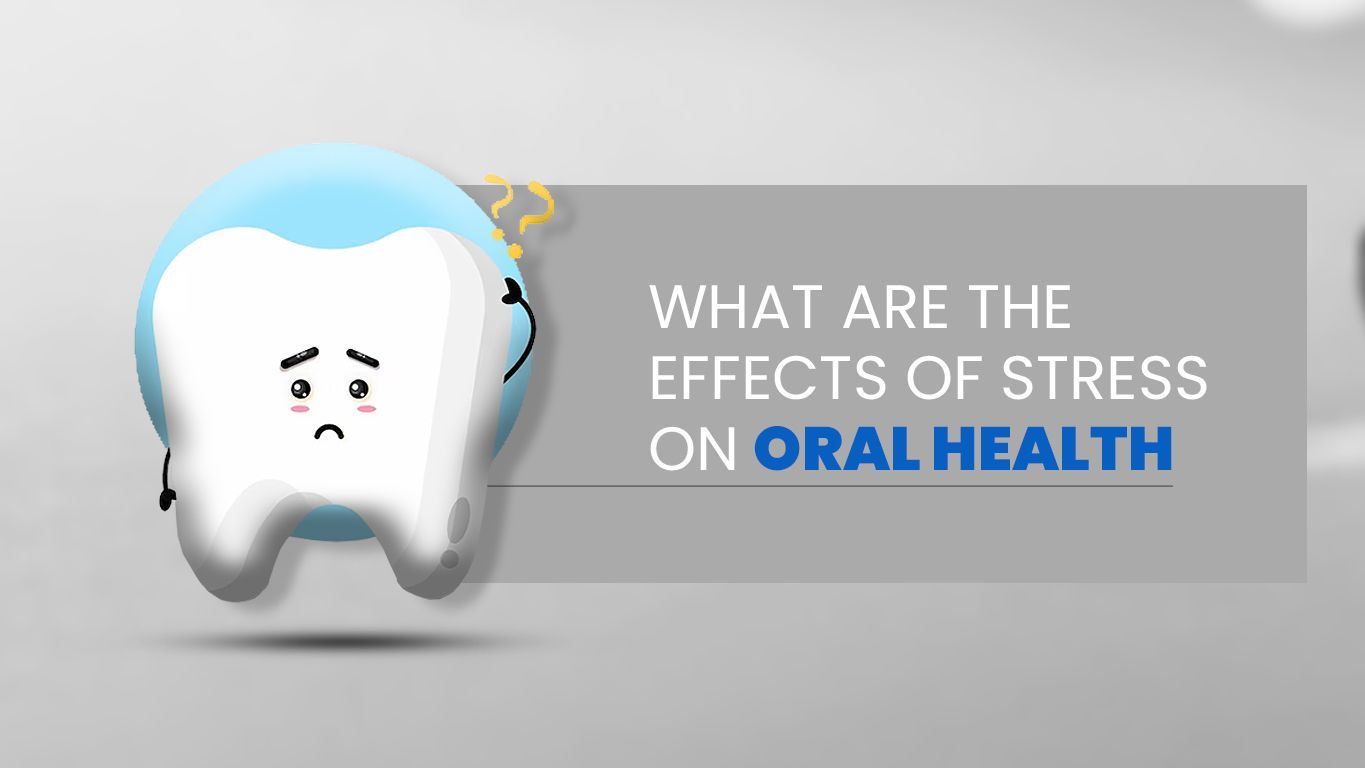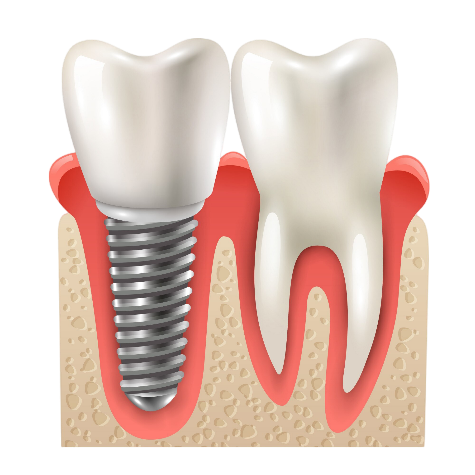What You Need To Know About Root Canal Procedures

Visiting a dentist usually produces a bit of anxiety in most people. This is especially the case when you are getting a procedure done beyond a basic cleaning — such as a root canal. But, armed with knowing what to expect and being prepared for the procedure can calm your nerves when you finally sit down in the dentist chair.
A root canal is a dental procedure that saves a deeply infected tooth by cleaning out the infected areas of the root of the tooth and providing a filling to seal the tooth. This alleviates pain and discomfort and allows the tooth to function normally.
Below we will dip into relevant information concerning root canals, from more specifics of what a root canal actually is, what to expect from the procedure, and how to prepare.
What Happens During A Root Canal Procedure?
The entire procedure for a root canal usually takes place over the course of two visits. The first visit is where most of the “stuff” happens. The second visit is for a follow up and to add a permanent filling to the teeth.
For the first visit, an anesthesiologist — who is likely also your dentist — will inject a numbing agent ( likely novocaine) into gums. It is very rare for someone to be “put under” entirely for a root canal, as the procedure only takes a few hours and it is not as invasive as other procedures, like the removal of wisdom teeth.
The numbing will take effect very quickly and last several hours; and don’t worry, the dentist will check to make sure you actually are numb before starting the procedure. The procedure itself can be boiled down into 3 simple steps :
- After the numbing has set in, the dentist will remove the “pulp”, or the infected stuff within the actual canal of the tooth
- The dentist will then put some antibiotics on the tooth to avoid any further infection.
- The dentist will apply a filling that is meant to last only a few days until a follow up visit. The filling will protect the tooth and help to keep unwanted visitors out along with the antibiotics.
At the second visit, the dentist will check to make sure nothing has gone wrong; things usually go very well. Data reports have demonstrated that root canals are successful 95%
of the time. But, if there is any further infection or issues, getting treatment should not take as long because the inside of the tooth has already been scraped clean. This is the reason for putting in a “temporary” filling.
But, assuming everything goes smoothly — like it probably will — the dentist will remove the temporary filling and put a permanent one in instead. After a few days of soreness — the pain should not be severe — then your mouth should be feeling fresh and healthy.
When Do You Need To Have A Root Canal?
The need for a root canal can arise for a few different reasons — but not that many. A root canal is performed when a tooth has become infected. This means that the bacteria that cause infections need an entry point. Cavities are the most common entrypoint for bacteria to come into, but having a cracked tooth allows for bacteria to come in too.
Cavities that are not treated early on have time to fester, which only gives the bacteria more time to dig deeper and deeper. Once the bacteria are deep enough, the “pulp” of the tooth — which is the soft core of the tooth that protects the nerves — will become infected. Think of the issues that cause a root canal as being caused by a cavity that has been ignored for too long.
But how will you know if you actually need a root canal? After all, most people have no idea when they have a cavity. Thankfully, like most things that need a lot of attention in our body, our body will usually communicate with us the severity of an issue. In this case, it is the sprained ankle of the mouth.
There are a few signs that your body sends to tell you need a root canal. These signs can also be evidence of other issues, but don’t ignore them either way.
- Pain on or around the tooth
- Pain while chewing or engaging the tooth in some way
- Sustained sensitivity to either hot or cold food/drink
- Cracked teeth
- Discolored teeth
- Discolored, swollen, or sensitive gums
It’s easy enough to see how having extreme pain when you bite down— or having a cracked tooth — can lead to infection. But the biggest tell may actually be the gums themselves. Not everyone has a cracked tooth, and not everyone who needs a root canal will experience significant amounts of pain.
When the bacteria penetrates the tooth and reaches the pulp, it begins to encroach upon the nerve. The nerves of teeth are planted directly in the gums, hence the swelling or discoloration of the gums. For those who need root canals, it's likely that most of them will share swollen gums as a symptom.
Preparing For A Root Canal
Root canals may not be people’s most favorite thing in the world, so the first thing you should do is actually check with your dentist to make sure you actually need one. Ask your dentist some variant of the question: “IS THERE NO OTHER WAY?!” Jokes aside, it’s important to understand all the options available to you.
A common alternative some choose is to simply have their tooth extracted to begin with. Overall, the requirement for a root canal will depend largely on how affected the pulp and nerves have been by the bacteria.
As we mentioned earlier, a root canal can sometimes just be a cavity gone too long. But, in the case of cavities, the tooth can nearly always be easily saved by normal procedures. A root canal is performed when the tooth cannot be saved any other way. So make sure you actually need to get the procedure done, and get all the info you can from your dentist.
Preparing for the procedure itself, there are a few points to keep in mind:
- In most cases, you are free to consume food and drink up to a couple hours before the procedure. Just make sure you bring a toothbrush to work if you are having the procedure done during the work week.
- The procedure will require you to keep your mouth open for a while (usually an hour or two). This part can be hard for some people and, even though you will be numb, it can still be uncomfortable keeping your mouth open for so long. So be ready to be a little uncomfortable for some of the procedure.
- Consider bringing some music or a podcast to listen to on your phone. You’ll be in the seat for a while, and talking to the dentist won’t be an option because the dentist’s hands will be in your mouth, and your mouth will be numb. Listening to something can pass the time and distract from the noise.
- People have spread stories over the years of how painful root canals are. But, with administered anaesthesia, the root canal should not be painful. Some discomfort and minor pain will follow in the next few days of the treatment, but it should be significant. Often, the stories passed around are false, or exaggerated at best.
How Will I know If The Root Canal Hasn’t Healed Properly?
In the rare case that a root canal has not healed properly, there are signs that you will need to get your teeth re-examined.
- Pain in the tooth or surrounding the gums. This is more than just the soreness and discomfort following a procedure. The pain will usually be fairly intense if the root canal has not worked or healed properly.
- Continued swelling of the gums. Again, there will probably be some swelling naturally because the doctor has been poking around your gums, but the swelling should go down over the ensuing days, not up.
- Blood or pus discharge — especially the pus — is a sign that things have not gone as they should.
Just remember that almost everyone’s root canal goes smoothly and that serious issues rarely arise. It’s okay to talk about any looming anxieties with your dentist. They are trained to deal with some dental angst, and they usually know a thing or two about information surrounding teeth.











